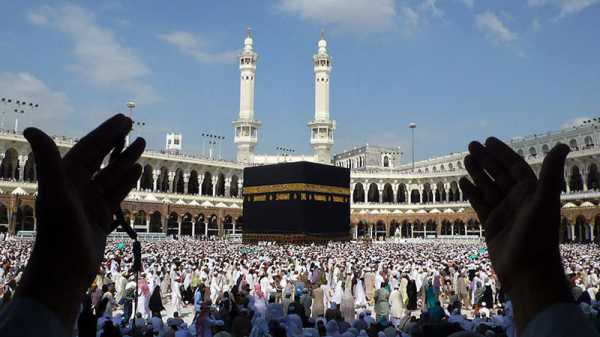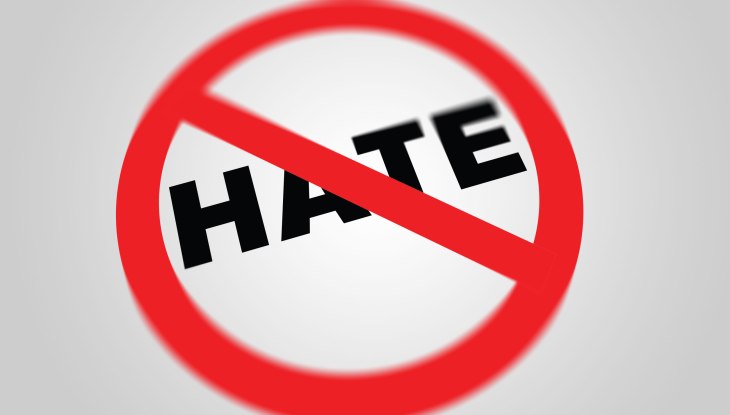بِسْمِ اللهِ الرَّحْمٰنِ الرَّحِيْمِ
This word has been corrupted by the media and the “Muslim” extremists. Nowadays anytime the word “Sharia Law” is mentioned it causes fear or discomfort in many people, even Muslims. Let us look at what Allah has to say in the Qur’an in an Ayah which talks about the origin of our deen:
“He has ordained for you of religion what He enjoined upon Noah and that which We have revealed to you, [O Muhammad], and what We enjoined upon Abraham and Moses and Jesus – to establish the religion and not be divided therein. Difficult for those who associate others with Allah is that to which you invite them. Allah chooses for Himself whom He wills and guides to Himself whoever turns back [to Him].” [42:13]
At the start of the ayah Allah uses the word “shara’a” which the verb form of the noun “sharia”. In modern Arabic a street is called “sha’ri'” which is where the noun is derived from. The translation “ordained” does not do this justice as the religion was carved out just as a road is carved to form a path.
In old Arabic they used to say “shara’a al ibl” which means someone took a camel all the way to water. What’s interesting about this expression is that the word “shara’a” means that the camel drank on its own and was not forced. So it takes all the effort to find water for a camel in the desert but when the camel gets there it can’t be forced to drink – from this we get Sharia.
This means that we as Muslims put in the effort to call people to the Deen and spread what we can of the knowledge Allah has given us, but at the end of the day it is up to the listener to make the choice of whether to take on the calling or not, just as the camel makes the choice to drink or not.
Then Allah ends by saying that He will guide those who turn back to Him, who open their hearts to Him, therefore it is not in our hands to impose the religion on people or take over a country forcing the public to follow Islam as the media portrays. Our duty is merely to spread knowledge about Islam, the real Islam, the deen that Allah ordained upon our prophets.
Allah knows best.





